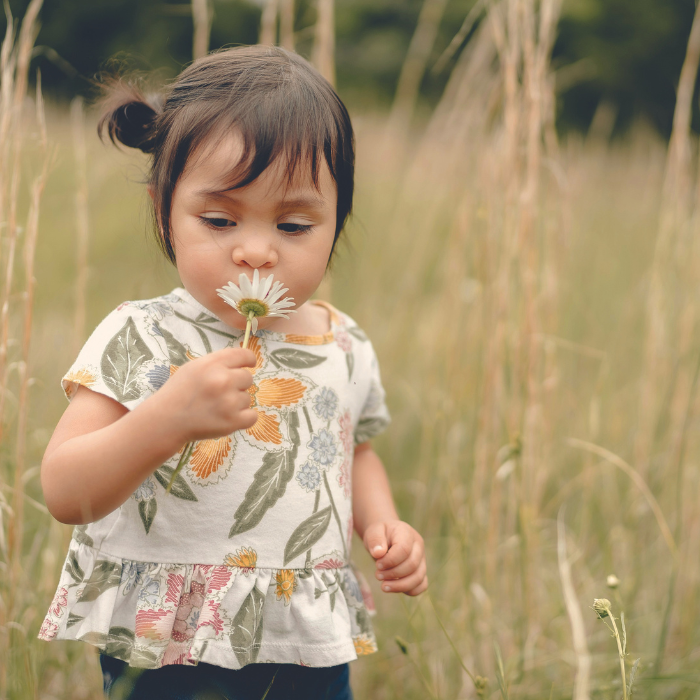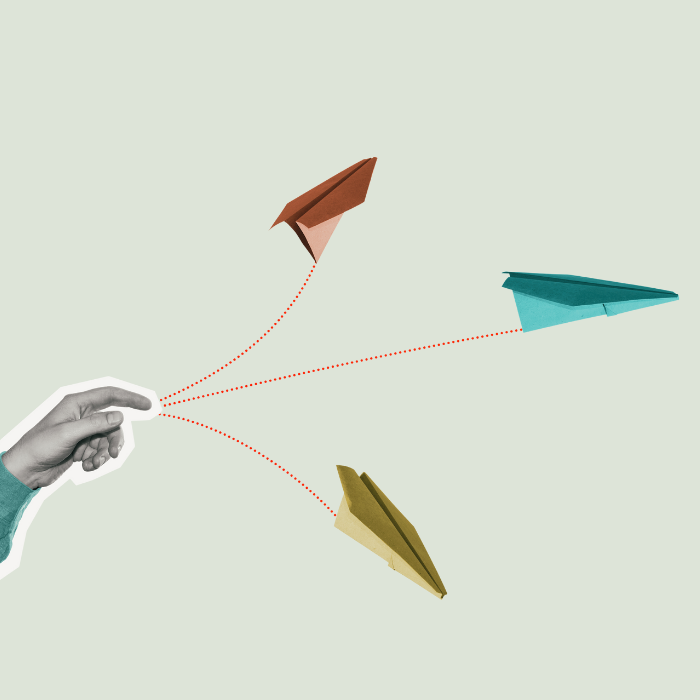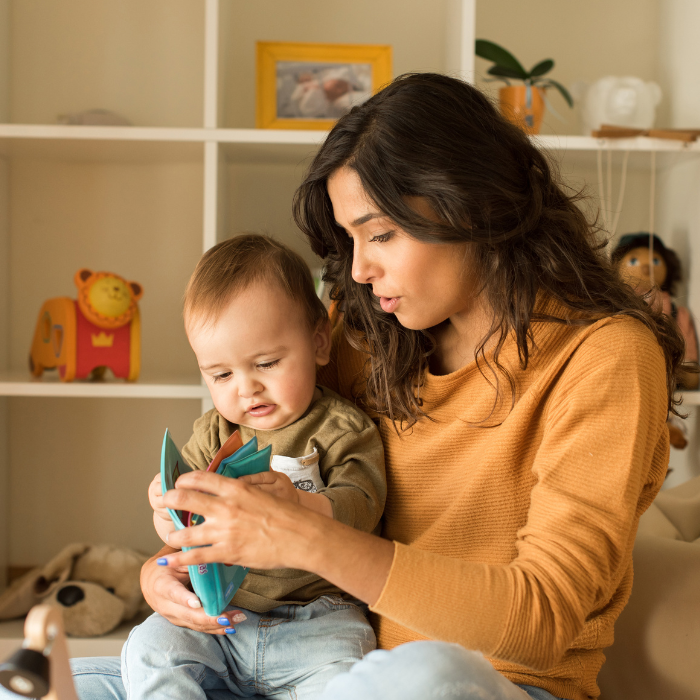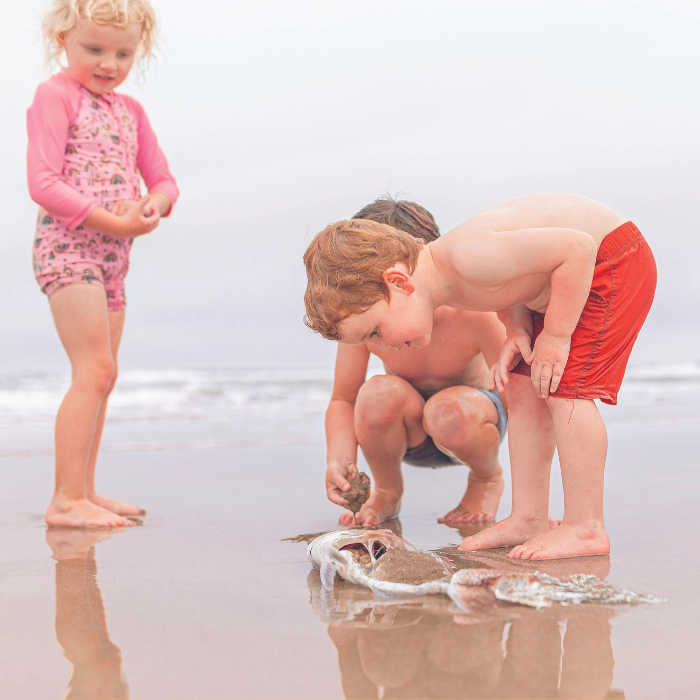
As a parent, one of the easiest and most effective ways of unlocking your child’s full potential is through the magic of music. Listen to it, sing it, bang on a cooking pot– get your child involved and feel the beat together.
Music is good for your child – but why? The answer is simple: because music is good for everyone. After food and shelter, it’s one of the most basic needs of human survival. But don’t just take my word for it. It was the ancient Greeks – and they knew a thing or two about the human condition – who believed that astronomy and music were complementary disciplines. Where the star-gazing relates to what was observable and permanent, music is all about the invisible and internal. It’s a way we express feelings, help punctuate and understand our lives, and experience memories.
All over the world, children are sung to: whether to sleep, to laugh, or on journeys; everything from the ABC to nursery rhymes and oral history. Children however, actually began their journey of musical appreciation long before birth, with the soothing, regular rhythm of a heartbeat.
When is a good time for my child to start music lessons?
I am often asked by parents, “When is a good time for my child to start music lessons?” and I always answer, “Right now.” There are so many amazing ways in which music can help your child’s development because it simultaneously involves the logical and creative sides of the brain. When a baby experiences musical activities, it will have fun while learning movement and co-ordination and, at the same time, the brain awakens to language, counting and repetition. Later on, when your child begins socialising more, music features in group situations, like birthday parties, where they will learn about self-confidence, physical movement, taking turns and listening to others’ ideas.
(See down below for more detailed information on classes for your child.)
Which instrument is the right one?
Choosing the right instrument for your child is not always easy. Of course, your child needs some input and you should allow them to guide you towards that which stimulates them. At school, it’s quite usual for children to try everything they can lay their hands on. Today’s most popular choices are the ukulele, recorder and piano/keyboard; but as a child grows, they develop the necessary skills to blow a brass instrument, play a drum-kit or bow a violin. Or all three. These are quite traditional choices, so as a parent, why not challenge your child by exposing them to as much musical variety as possible? This might be by attending orchestral events or ANZAC parades with a full brass band, taking them to music shops to see and touch the instruments, or by simply playing CDs at home.
What are good musical examples for children?
Three pieces that loomed large for me were Benjamin Britten’s “A Young Person’s Guide to the Orchestra” from which I learnt the power of an orchestra; Simon and Garfunkel’s album, “Bridge over Troubled Water”, which taught me to harmonise; and Prokofiev’s “Peter and the Wolf”, where I learnt about humour and emotion in music. Another great thing is taking the kids to WoMAD or what I call those “mini United Nations days” that some larger City Councils facilitate, where music is an intrinsic part of the proceedings.
What about practice?
Once on a musical pathway, one of the hardest things is keeping a child practising, especially when they have many other extra-curricular things on the go. This is most easily achieved by establishing regular practice times and by ensuring the music they are playing stimulates them. I think of it like a motor-race: the lessons are the pit-stops, but the real skills are learnt by actually doing it. Yes, it’s repetitive, but it’s what works. (Rewards are always a good incentive!)
Music exams – are they necessary?
If all goes well and the practice pays off, there’s a wide range of institutions offering examinations. While exams and grades aren’t for everyone, they can offer a real sense of achievement for all the hard work and perhaps a hint of things to come. If a child has made enough progress to study music full-time at university or college, this can now be achieved across a variety of genres. Where once classical music was the only game in town for getting letters after one’s name, it is now possible to study contemporary, ethnic, jazz (and a whole lot more besides) at tertiary institutions, both at home and overseas.
Where can music making lead to?
It was John Lennon’s Aunt Mimi who famously commented, “Music’s all right John, but you’ll never make a living out of it.” How wrong could she have been, as she spent her life in the bungalow that music paid for? There are more careers today in music than ever before, sometimes in the most unlikely places, be it running corporate workshops, teaching or earning $70 per hour as a busker. Write a classic song even, and your child would be sorted for life … although I believe that with music as a lifelong companion, they would be anyway.
Ages & Stages
So where do I start?
Under-5s
- You should look for a class which encourages live music making, such as singing, body percussion, playing simple rhythm instruments and whole body movement.
- Music classes at this age should place a large emphasis on fun and involvement.
- Parental involvement should be encouraged to facilitate music and music-making in your child.
- For example, Singing Rainbows is a Lewis Eady music class for pre-schoolers. This programme takes elements from various musical philosophies, most notably those of Carl Orff and Shinichi Suzuki. Using some of the aspects of both philosophies, Singing Rainbows places a strong emphasis on participation in simple live music making, as well as fun and involvement.
5- to 8-years
- This is a good time for children to become involved in active music-making, being introduced to and experimenting with different beat instruments.
- Now is a great time to get your child passionate and involved with music and all its different forms. Expose them to music from around the world, concert and show music, instrumental and classical music, etc.
8- to 12-years
- This is the time that children should be encouraged to choose and learn to play a specific instrument.
- Have a think about the type of instrument that would suit your child best.
- Discuss with them the instrument they think would suit them best and why.
- Discuss practice time commitments, practicalities, expense of chosen instrument, availability of tutors, for example.
Dominic Blaazer is a musician who plays for a variety of bands, and also teaches guitar, ukulele, keyboard, piano, rock band and Musical Jam at Lewis Eady.








